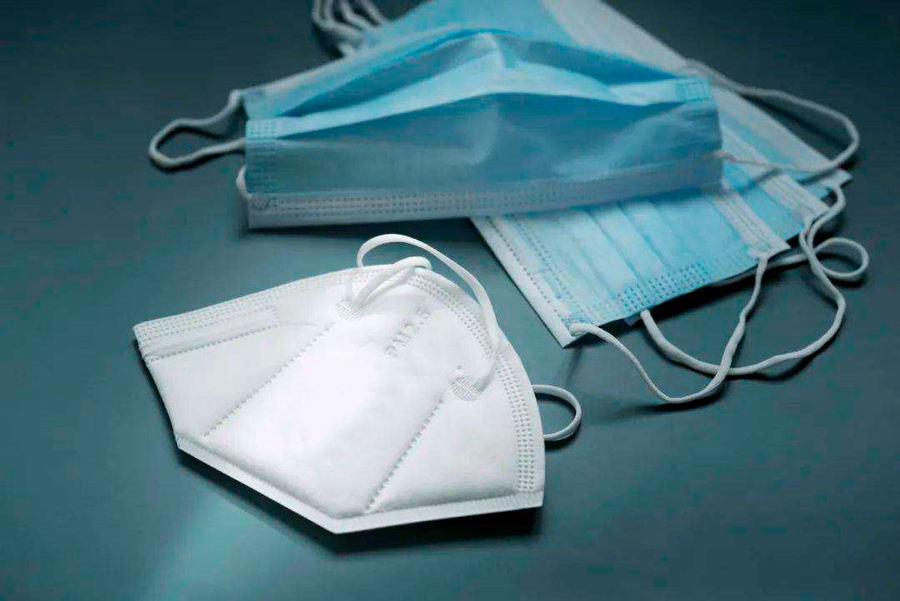The masks on the market are basically divided into three categories: civilian masks, medical masks and professional respiratory protective masks. Civilian masks, such as disposable nursing masks. It mainly refers to the daily protective masks that meet the needs of most people’s daily life and work. Medical masks are divided into medical protective masks (N95 masks), medical surgical masks and disposable medical masks. ①Medical protective masks (N95 masks) are suitable for the protection of medical personnel and related staff against airborne respiratory infectious diseases. ② Medical surgical masks are suitable for basic protection of medical personnel or related personnel, as well as protection against the spread of bodily fluids and splashes during invasive operations. ③ Disposable medical masks are suitable for the wearer’s hygiene care in a general medical environment where there is no risk of body fluids and splashing. Professional protective masks, such as particulate protective masks KN95. Protects against all types of particulate matter, including dust, smoke, mist and microorganisms.  What is the difference between sterilized masks and non-sterile masks? Masks that have undergone sterilization methods such as ethylene oxide (EO) are called sterilization-grade masks [4] (the outer packaging needs to be marked with sterilization grade). Unsterilized products will be marked on the outer packaging as non-sterile grade, common grade, etc. In medical places that strictly control the microbial environment (such as ICU, operating room, etc.), all the items entering must meet sterility standards, so sterilization-grade medical masks are required. In places with sterility requirements, sterilization-grade masks are usually used. But in ordinary occasions, both ordinary grade and sterilization grade can be used. The sterilization method of mask products is usually ethylene oxide (EO). The penetrating force is very strong, which can achieve the effect of effective sterilization without damaging the items. The principle is to cause the death of microorganisms through a series of chemical reactions [2], so as to achieve the sterilization effect. Feed additives are small amounts of substances added to ordinary feed to improve animal nutrition, enhance physical fitness, and reduce
Feed dosage and effectiveness in disease prevention and control.Feed additives are divided into microbial feed additives and Chinese herbal feed additives.
The use of feed additives is one of the effective means to prevent intestinal diseases and improve the production performance of broilers and laying hens
The feed additive has achieved good application effect in the breeding of piglets, sows and finishing pigs
Feed additives can improve the weight gain rate of meat sheep, beef cattle and other meat ruminants, increase the net meat percentage of the carcass and improve meat quality
The application of feed additives in aquatic products is reflected in the two aspects of food and water purification. Feed additives can improve the microecological balance of aquatic animals, promote growth and development, and play a role in preventing and controlling diseases and improving production performance
We are China Feed Additives supplier and manufacturer,offer low price high quality Amino Acid For Animal Feed,like L-Lysine,L-Leucine,L-Methionine,L-Tryptophan,Taurine,L-Tryptophan,Bacillus Licheniformis,Bacillus subtilis,Bacillus coagulans.
Feed Additives,Feed Nutrition,Amino Acid For Animal Feed,Feed Grade Additive Amino Acid NANYANG CHENGPENG PHARMACEUTICAL CO.,LTD , https://www.chppharm.com
Why should masks be sterilized with ethylene oxide (EO)?
